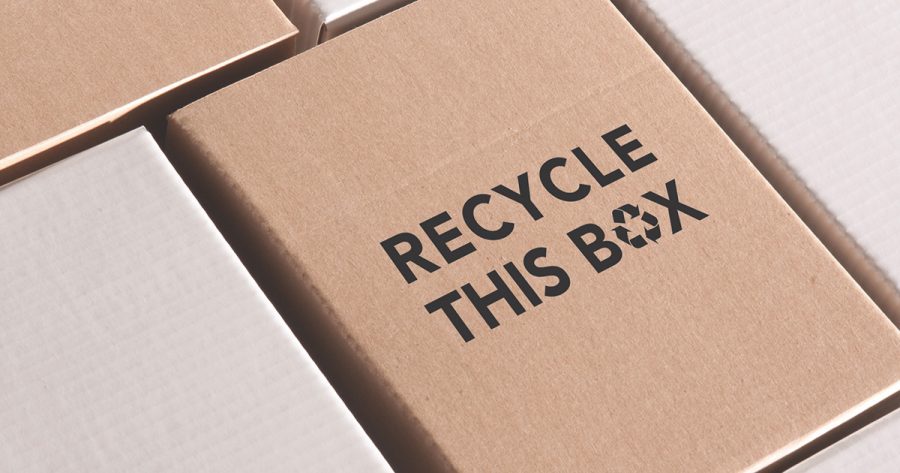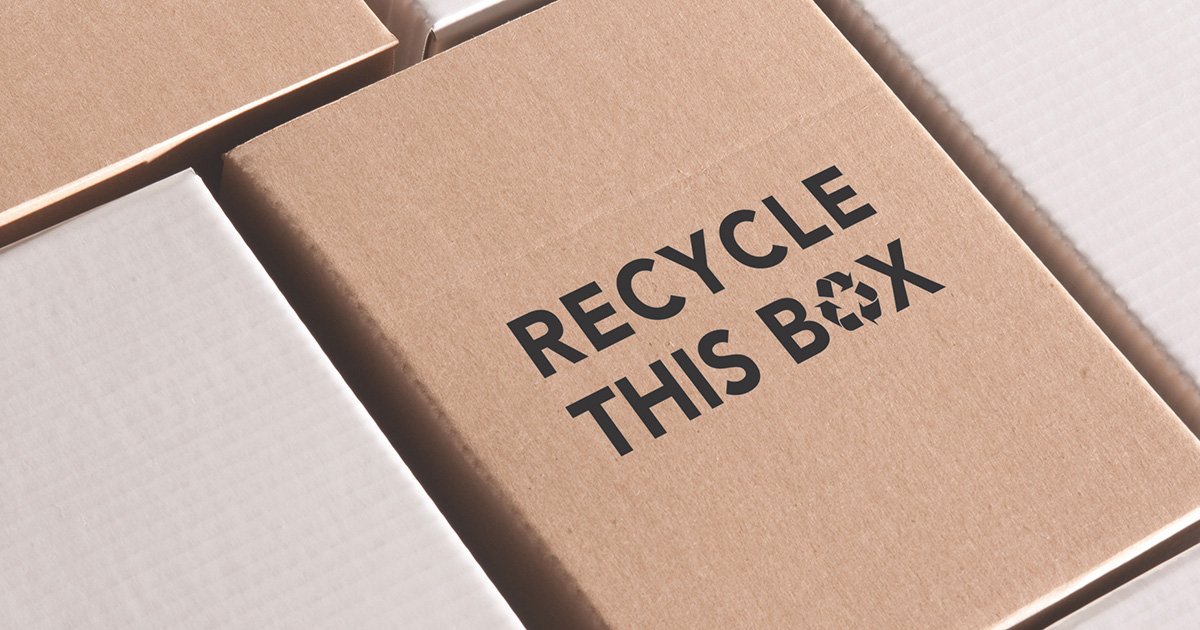
South Africans only recycle 10 % of annual 122 million tonnes of waste
JOHANNESBURG – Think before you throw, is the urgent message for South Africans this year as the world marks Global Recycling Day on Saturday 18 March. According to available statistics, South Africans generate roughly 122 million tonnes of waste a year, with a mere 10% recycled or recovered for other uses. Ninety percent is landfilled, […]

JOHANNESBURG – Think before you throw, is the urgent message for South Africans this year as the world marks Global Recycling Day on Saturday 18 March. According to available statistics, South Africans generate roughly 122 million tonnes of waste a year, with a mere 10% recycled or recovered for other uses. Ninety percent is landfilled, dumped illegally or lost to the environment.

“That’s around two tonnes of waste per person per year that goes into the ground,” says Edith Leeuta, CEO of Fibre Circle, the producer responsibility organisation for the South African paper and paper packaging sector. “Imagine the difference every single person could make to our planet and our economy by separating recyclables for reuse in new products, and composting organic and food waste?”
“With a little bit of thought and a few extra bins or containers around the home, each and every South African can change their rubbish to recycling ratio,” she notes. Ideally your recycling bins should be bigger than your landfill waste bins too.
Do a quick waste audit
- How many rubbish bins do you have in your home?
- How many recycling bins do you have?
- How much refuse goes out with the weekly municipal collection?
- How much could you be keeping away from landfill by recycling?
- Do the people in your home understand the concept of recycling and separating waste?
Separating waste and keeping it separate is the first step and a big win
Separation-at-source – the first step in the greater recycling process doesn’t have to start and stop in the kitchen. A variety of household paper products, especially packaging commonly found in the bathroom, home office, or right at your front door, can be recycled into new paper products.
Leeuta suggests placing small paper recycling bins in various areas of your home: At the front door, in your home office, bathrooms and the kitchen are all great places. This makes it easier and more convenient to get into the recycling habit.
Always ensure that a recyclable paper-based item is dry, clean and free of food residue.
Know the paper recyclables in your home
You might be throwing away paper products or packaging that you didn’t know are recyclable. You might be astounded at the number of common household materials that can be recycled.
Bathroom:
- Cardboard tubing from the toilet paper roll
- Paper packaging used for toiletries like toothpaste, cosmetics or tissues
- Boxes and inserts used for over the counter medicine
Office:
- Paper cups (these are recyclable but there is limited recycling capacity)
- Office/printing paper, notebooks (minus wire binding and laminated covers)
- Magazines and reports
- Paperback books – you could donate old books to a library or community centre but for those that are too worn and torn, a new life awaits through recycling
The front door:
- Post – if you still get any, including envelopes and advertising mail
- Magazines
- Newspapers
- Cardboard boxes from your online shopping
Kitchen:
- Boxes from cereal, biscuits, tea, pasta, doggy treats and other dry goods
- Milk or juice cartons (these are recyclable but there is limited recycling capacity)
- Pizza boxes and other clean takeaway packaging (always remove food residue)
- Egg cartons and take-away cup holders
- Grocery delivery bags and paper shopping bags from retail stores or restaurants
- Tubing from kitchen towel rolls
Various types of plastics, tins and cans, and glass bottles and jars are also recyclable so don’t forget to recycle those too.
Recycle with a purpose
“It is important to know where your recyclables will go,” advises Leeuta. “If your area does not have a recycling programme, put your recyclables out for a waste collector, or look into a paid collection service. You can also drop off at a community centre or school that earns money from recycling.”
Now you’re in the know, think before you throw.
